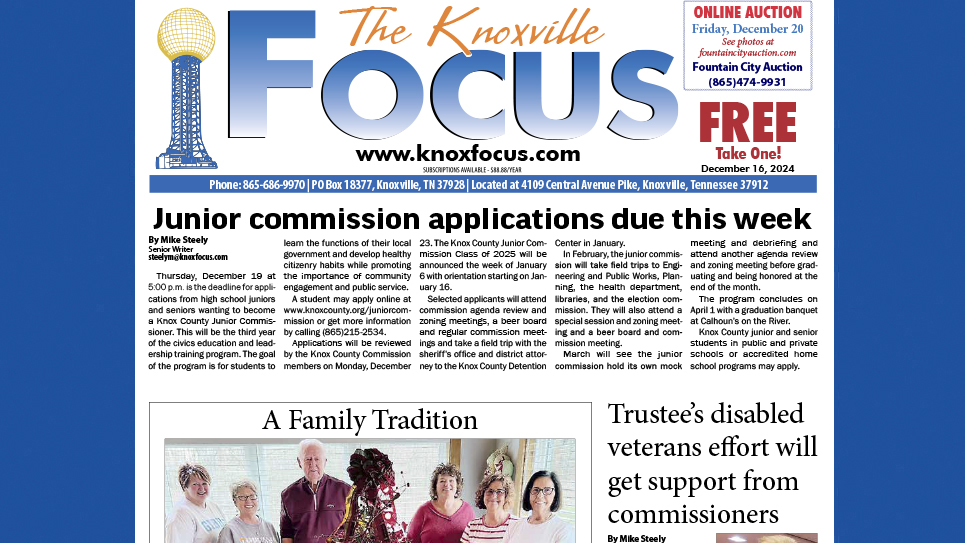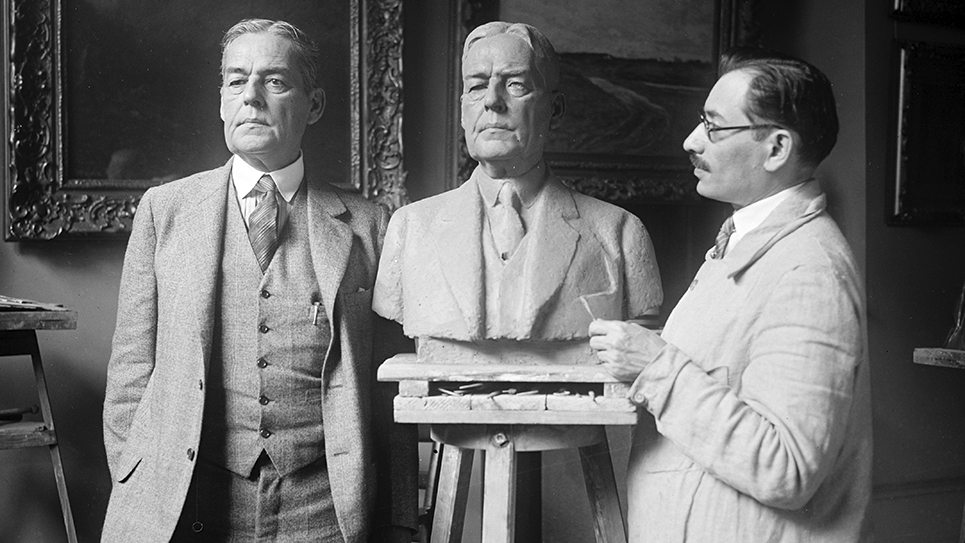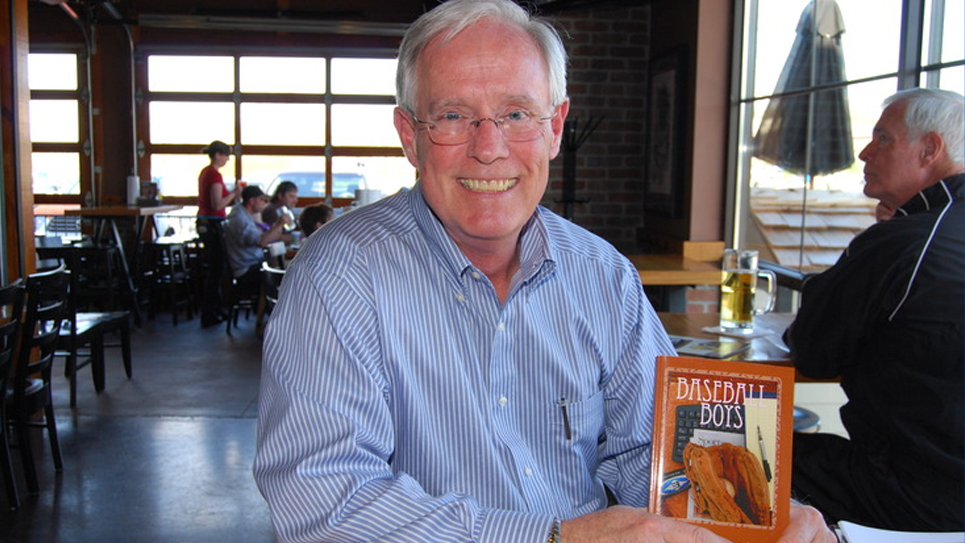Dr. Ferguson is on sabbatical after nearly eight years with the Focus. If you like this essay, there are more in his book, “Well…What Did the Doctor Say?” available online at Amazon as well as Barnes & Noble – a great Christmas gift
My patient was deathly sick when I saw him in the intensive care unit (ICU). He was on a ventilator and thankfully still unconscious after emergency surgery to remove his gangrenous appendix that had ruptured. It’s amazing how someone can get so sick so quickly; I had seen Mr. W the week before for his annual physical and now his “clean bill of health” was a moot point.
Actually, Mr. W has medical problems commensurate with his 75 years, but these didn’t slow him down as he sailed through hip surgery earlier in the year. Now, he’d need all his reserves and a lot of luck to survive. A ruptured bowel that empties the equivalent of sewage into the abdominal cavity is a mortal wound without modern medical care.
Families are often shocked when they see their loved ones in the ICU. This most often happens after coronary bypass surgery (CABG). In order to graft a vascular bypass around blockages in diseased heart arteries, the surgeons and anesthesiologists divert the circulation and stop the heart. Your brain and body can’t be deprived of oxygen and nutrients so doctors rely on an artificial pump to sustain life during the operation.
It’s a complicated procedure to put someone to sleep and connect them to the heart-lung machine. Once connected, the heart is cooled and stopped with an electrical shock which immobilizes the heart so the surgeon can do his delicate repair work. After completing the vascular bypass (detour) around the blocked arteries, the heart is then re-warmed and shocked back into pumping. The patient is disconnected from the bypass machine, the chest is wired back together and anesthesia is discontinued. It’s brutal work and amazing that patients do so well. I suspect they improve because critical deficiencies are corrected and patients literally “pink up” with improved heart function. By the next morning they’re often up in a chair.
Mr. W’s situation was more tenuous. The crusty ICU nurses had seen it all before – emergency surgery and kidney failure in an older body with limited reserves. Their raised eyebrows told me what everyone knew: Mr. W wasn’t going to make it even though we would exert heroic efforts to save him. I discussed the situation with his wife and left the details of his ventilator management to the critical care physician and fluid therapy to his kidney specialist. In years past I would have been the doctor in charge of his frightful condition, but how often does an internist/geriatrician have such a sick patient? Perhaps twice a year, and those who do this kind of specialized work on a daily basis are now more capable than me.
I’ve read about doctors in past eras and their almost prescient abilities of prognostication. Perhaps mortal wounds were so named because so little could be done without operating rooms, antibiotics and therapies to correct shock. And I suspect a hundred years from now someone will read in a book and marvel at how anyone could survive the barbaric treatments we call modern medicine today.
And yet in spite of the naysayers, Mr. W improved. He made a liar out of the statistics that said he was doomed and that we should not be wasting valuable societal resources in such a futile effort. You’ve heard those statistics, where a lot of money is spent in the last year of someone’s life. I believe these are skewed statistics because expense is calculated from the person’s time of death. If the person survives, the bean counter’s expense curve is skewed.
Mr. W’s care would not be counted with the expenses of dying because he was weaned from the ventilator, his kidneys recovered and he woke up to see me leaning over him listening to his heart and lungs. He even shocked the nurses when he asked them to help him take a little walk. Imagine an ICU nurse’s reaction when a patient asks them to take a hike!
We don’t know why some people do well and others don’t. Undoubtedly, good doctors and excellent nursing care help, but there are other intangibles like the life force that beats hard in some and less so in others. I’ll admit, sometimes it’s luck. Sometimes we classify it as a mystery.
“I’m glad you’re feeling better, Mr. W,” as I listened to his lungs the next day. I told him we’d all been worried about him. Then I quipped to lighten the situation, “I’ve heard that if the Lord gets you right He’ll take you home.” With a wink I added, “Apparently, He’s decided to send you back for some remedial work.” Mr. W just smiled.






